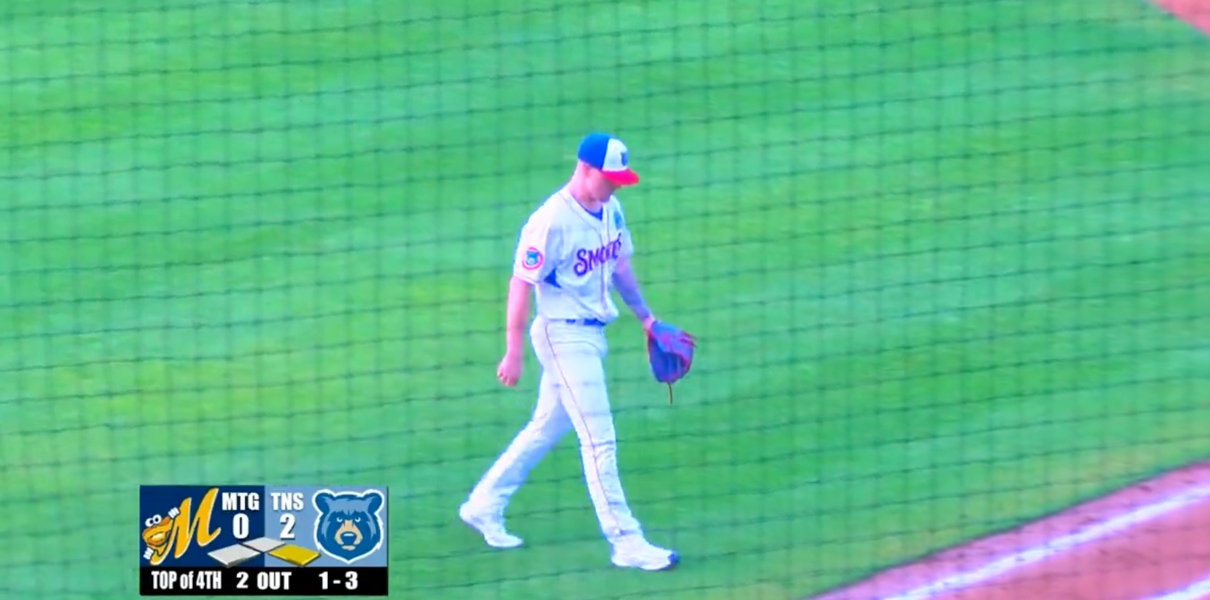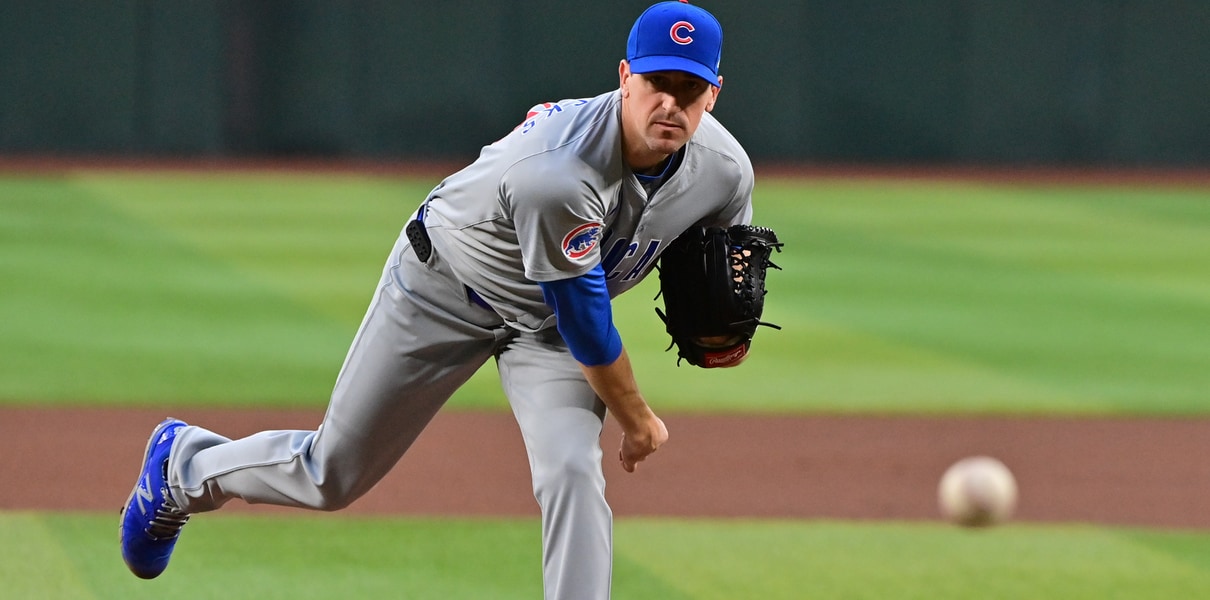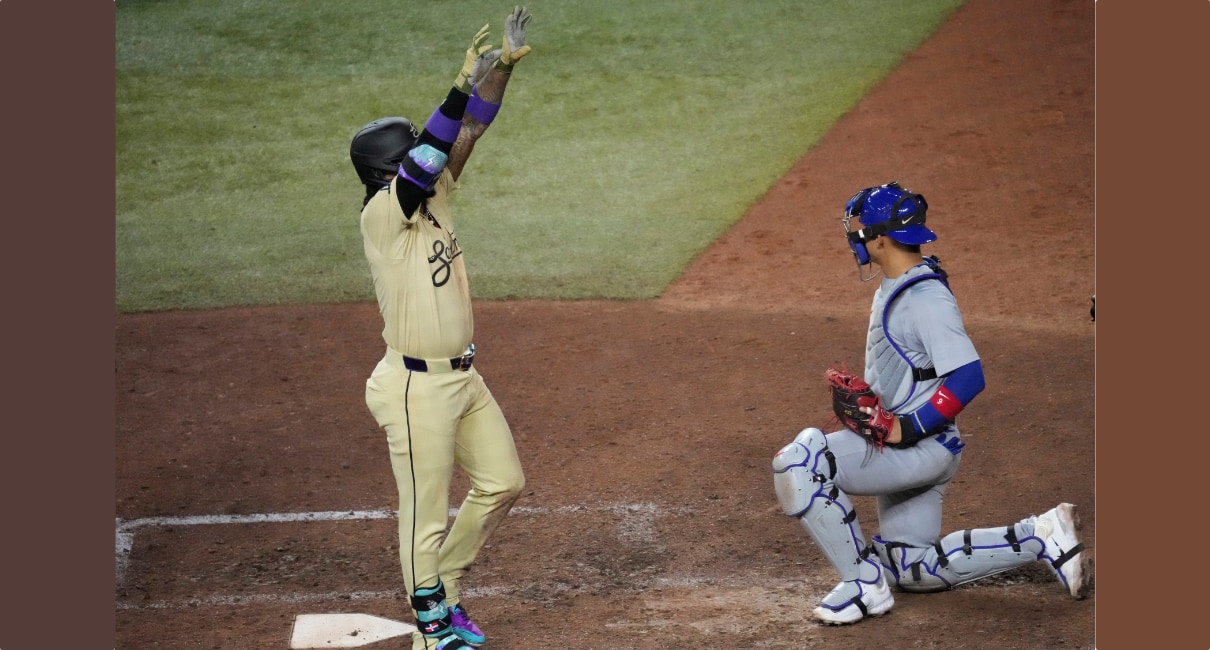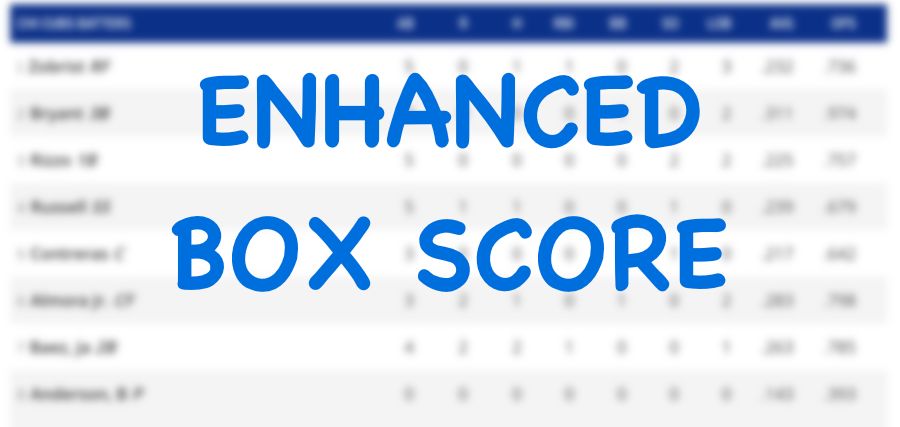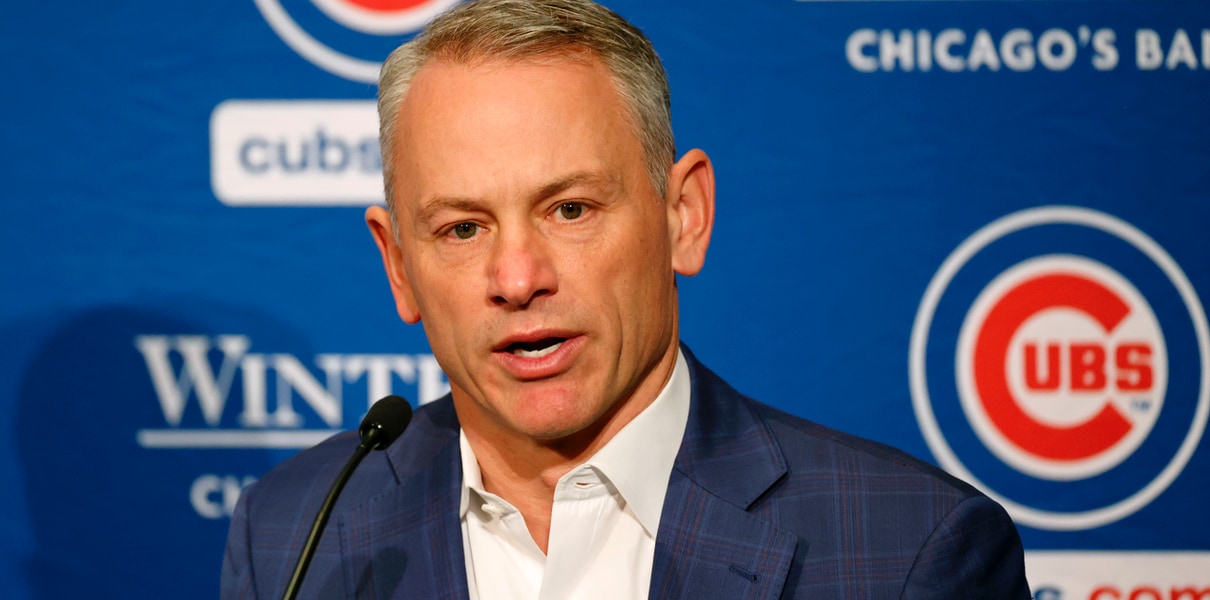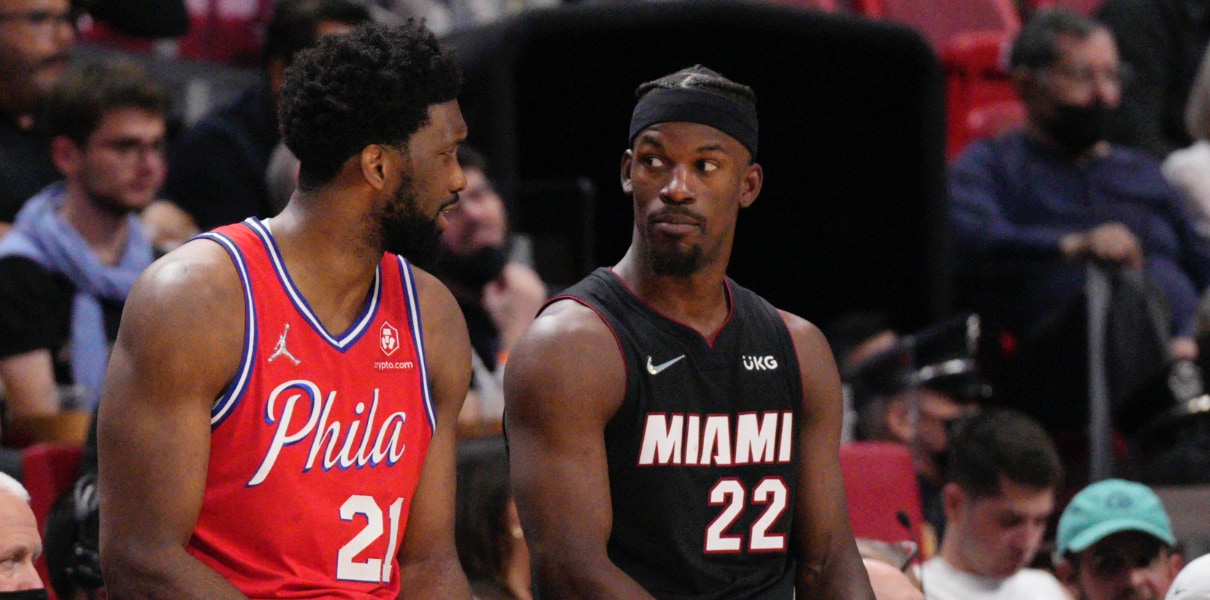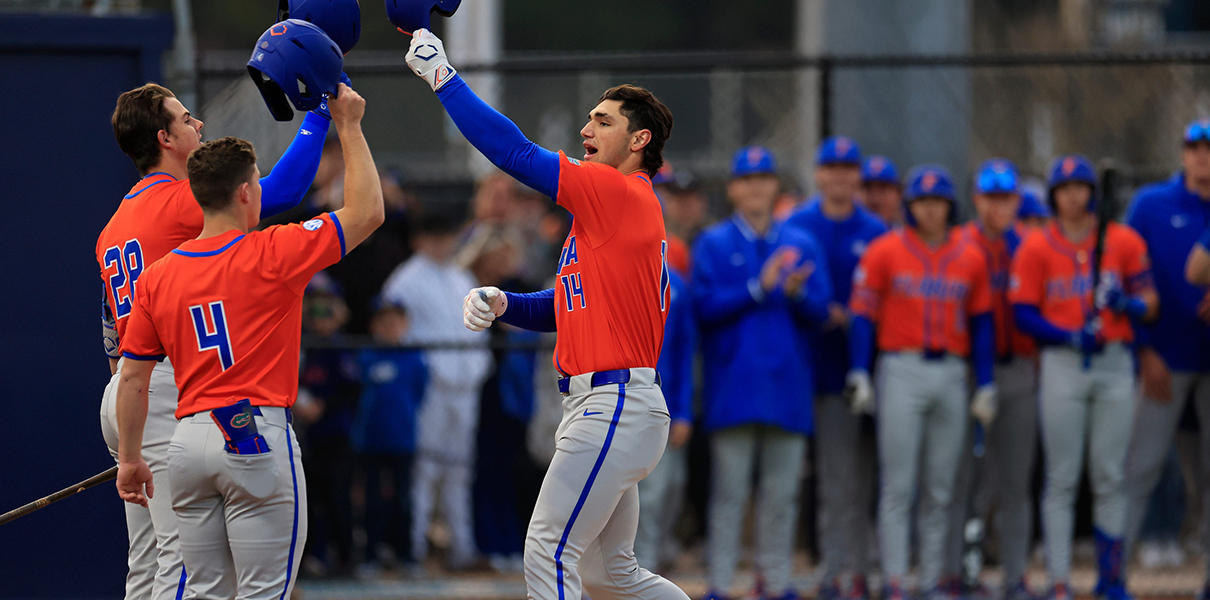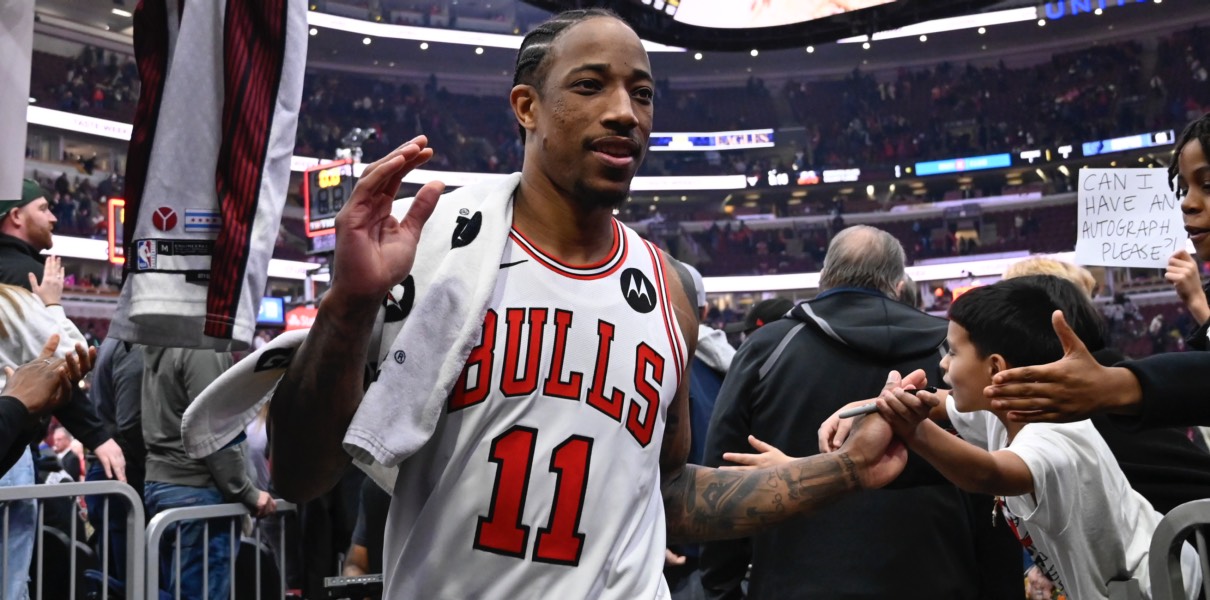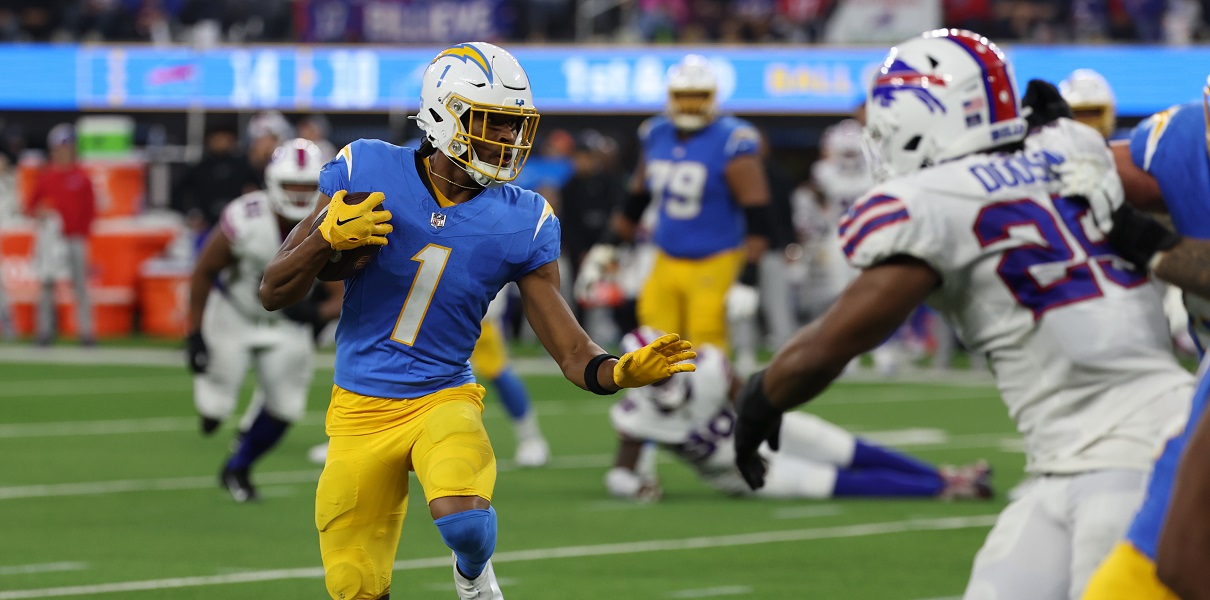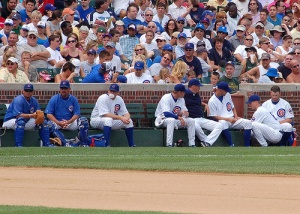
Part of the group’s struggles can be traced to who is handling high-leverage situations.
In 2016, manager Joe Maddon has used 11 different relievers in high-leverage situations (i.e., the moments that present the greatest chances for big changes in the expected outcome of the game – here’s a more detailed definition). And if it feels as if you’ve lived that game of musical chairs before, it’s because you have. Maddon used 16 different relievers in those situations in 2015.
The Cubs could end up surpassing that total depending on how things shake out after the All-Star break. Keep in mind that two of the 11 pitchers Maddon has used in high-leverage spots (Neil Ramirez, Joel Peralta) are no longer with the team.[adinserter block=”1″]
Here is a look at the three relievers who have been used in the most high-leverage situations in 2016, with statistics from FanGraphs:
| 2016 RP | Batters Faced | USAGE% | HR | AVG | SLG% | K (%) | BB (%) |
|---|---|---|---|---|---|---|---|
| Rondon | 47 | 16.26 | 1 | .205 | .286 | 15 (31.9) | 2 (4.3) |
| Strop | 39 | 13.49 | 1 | .200 | .333 | 10 (25.6) | 4 (10.3) |
| Wood | 27 | 9.3 | 0 | .095 | .143 | 2 (7.4) | 5 (18.5) |
| PITCHING STAFF | 289 | — | 5 | .197 | .303 | 68 (23.5) | 27 (9.3) |
And let’s compare it to what happened in 2015:
| 2015 RP | Batters Faced | USAGE% | HR | AVG | SLG% | K (%) | BB (%) |
|---|---|---|---|---|---|---|---|
| Rondon | 118 | 18.97 | 2 | .186 | .294 | 35 (29.7) | 4 (3.4) |
| Strop | 78 | 12.54 | 2 | .254 | .413 | 18 (23.1) | 10 (12.8) |
| Motte | 56 | 9.01 | 0 | .245 | .404 | 8 (14.3) | 6 (10.7) |
| PITCHING STAFF | 622 | — | 14 | .246 | .405 | 137 (22.03) | 52 (8.36) |
It is no surprise that Hector Rondon and Pedro Strop are the two pitchers to have faced the most batters in high leverage spots. Both have earned their roles and have pitched well enough to keep them.
Rondon has been the team’s high-leverage ace as he teams a strong strikeout rate and minuscule walk rate while also minimizing base hits. Strop has been a little less sturdy in that role, thanks in part to a walk rate that has surpassed 10 percent in each of the last two seasons. The strikeout rate is above average, but we have seen his ERA in these situations (6.52) take a hit (in part) because of a 41.7 percent strand rate.[adinserter block=”2″]
Travis Wood has taken over Jason Motte’s role, but like Motte, seems like the most likely to be moved off this spot. Wood hasn’t allowed much in hits or slugging, but having more walks (5) than strikeouts (2) is an easy way to get touched up when the game is on the line.
Not all high-leverage situations are handled by relievers. Sometimes, a starting pitcher gets into a tight, decisive spot in the game and is allowed to try and pitch through it. So, here is a look at what Cubs starting pitchers have done in these situations:
| PITCHERS | BF (’16) | ’16 USG% | ’15 USG% | USG% +/- | HR | AVG | SLG% | K (%) | BB (%) |
|---|---|---|---|---|---|---|---|---|---|
| Lackey | 33 | 11.42 | 8.76* | +2.66 | 1 | 0.194 | 0.384 | 5 (15.2) | 2 (6.1) |
| Arrieta | 29 | 10.03 | 6.11 | +3.92 | 0 | 0.25 | 0.333 | 11 (37.9) | 4 (13.8) |
| Lester | 28 | 9.69 | 9.81 | -.12 | 0 | 0.125 | 0.174 | 8 (28.6) | 2 (7.1) |
| Hammel | 24 | 8.30 | 5.31 | +2.99 | 0 | 0.091 | 0.143 | 3 (12.5) | 0 (0.0) |
| Hendricks | 4 | 1.38 | 7.39 | -5.98 | 1 | 0.5 | 1.5 | 2 (50.0) | 0 (0.0) |
[adinserter block=”3″]
It’s worth mentioning that Lackey, Arrieta and Hammel are facing a higher percentage of batters in high-leverage situations than they were last year. Jon Lester, the starter who faced the most high-leverage situations in 2015, is at a similar rate in 2016 as he was a year earlier.
The biggest change is with Kyle Hendricks, who is facing by far the fewest hitters in high-leverage spots.
It will be interesting to see how players continue to handle these situations moving forward and which pitchers (if any) currently in the organization will make the most of some pressure-packed opportunities in the coming months.




